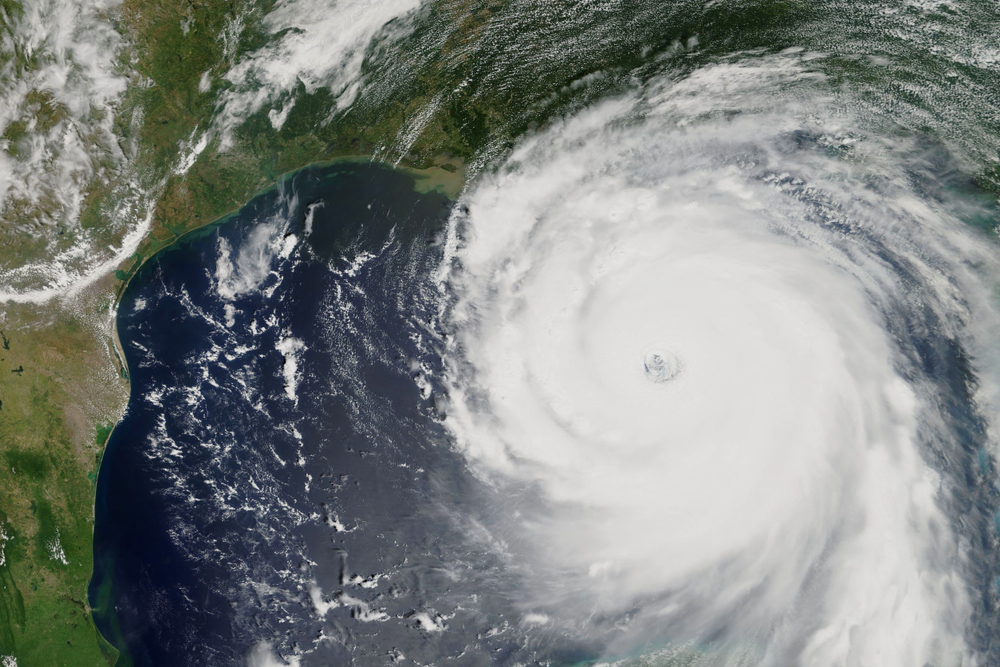On August 2, the U.S. Chemical Safety and Hazard Investigation Board (CSB) released a letter sent to the Federal Energy Regulatory Commission (FERC) urging the commission to address hurricanes and other high-wind extreme weather events in updates to its Transmission System Planning Performance Requirements for the nation’s bulk-power system.
The CSB pointed out to FERC that the commission didn’t address extreme weather events beyond heat and cold, such as high winds and hurricanes, in its June 15 final rule. The CSB noted that stakeholders had urged FERC to include such events in the rule. High-wind events like hurricanes may occur independent of extreme hot and cold weather and may significantly impact the reliability of the bulk-power system, according to the CSB. Power failures can result in the release of hazardous chemicals from a facility, putting workers and the surrounding community at serious risk.
The letter pointed to the CSB’s recent investigations at the Arkema facility in Crosby, Texas, and the Bio-Lab facility in Westlake, Louisiana.
Hurricane Harvey, a Category 4 hurricane, made landfall in southeast Texas on August 24, 2017. Southeast Texas and southwest Louisiana experienced unprecedented amounts of rainfall produced by the storm, causing significant flooding.
The Arkema, Inc., chemical plant lost power and backup power, disabling the facility’s refrigeration system. The plant manufactures organic peroxides, which are reactive and inherently unstable. As temperatures rose at the plant, the peroxides began to spontaneously combust.
Three fires burned at the plant over the next few days, resulting in the combustion of 35,000 pounds of organic peroxide.
At the Bio-Lab, Inc., Lake Charles facility in Westlake, extreme winds from Category 4 Hurricane Laura on August 27, 2020, caused severe damage to the facility, even tearing the roofs off buildings storing trichloroisocyanuric acid (TCCA).
Rainwater contacted the TCCA stored inside, starting a chemical reaction and subsequent decomposition.
In its investigation of the Bio-Lab incident, the CSB noted that Bio-Lab didn’t learn the lessons of the organic peroxide decomposition incident at the Arkema facility. Bio-Lab also failed to implement industry guidance for extreme weather preparation that was updated and published after the Arkema incident.
According to the CSB, the heat produced from the TCCA reaction and decomposition started a fire, and the decomposition released a large plume of hazardous gases, including toxic chlorine, into the air. The board also noted that the hurricane caused a power outage that caused Bio-Lab’s fire protection equipment to fail, as well as its backup generators.
“Bulk-Power System reliability directly impacts chemical process safety,” the CSB told the commission in its letter, as well as “the safety of people who work at chemical facilities and who live in the communities nearby.”
The board asked to speak with FERC about hurricanes and other extreme weather events in any future rulemaking.
The CSB is an independent federal agency that investigates accidents at refineries and chemical facilities but has no enforcement or rulemaking authority. In its investigation reports, the board issues recommendations for employers, industry groups, and other government agencies.

